cutting-edge research into peace, conflict,
and international security
In our time of rapid change, the risks of major violent conflict are rising. The need to prevent unnecessary human suffering calls for a deeper scholarly understanding of the causes, consequences, and dynamics of violence, and for an elaboration of new measures to foster international cooperation. These are the main goals of our interdisciplinary Center of Excellence, funded by Charles University.
We are thrilled to share that Zakir Rzazade, our Ph.D. student has been awarded the Best Paper Prize for Ph.D. students and early-career scholars at this year’s European Initiative for Security Studies (EISS) annual conference for his paper “Does Preeminence in Emerging and Military Technologies Matter for International Status? Evidence from Conjoint Survey Experiment”.
Vyšší výdaje na obranu představují nezbytný předpoklad pro posílení obranyschopnosti Česka. To v roce 2024 poprvé splnilo závazek NATO vydávat na obranu 2 % HDP (167 mld. Kč). Očekává se však výrazné navýšení tohoto závazku až na úroveň 5 % HDP do roku 2032. Jak českou obranu efektivně financovat, to představuje nová studia Centra veřejných financí a PRCP.
Do rivalries with major powers undermine global arms control? Tobias Risse reveals how power imbalances shape negotiations, discouraging non-major powers from supporting arms control when pitted against stronger rivals. His analysis uncovers a crucial role of power relations in arms control negotiations.
Srdečně vás zveme na letní open-air festival v Kasárna Karlín, který pořádáme ve spolupráci s Voxpot! Přijďte si užít večer plný diskuzí o dnešním světě, který se nám všem mění před očima. Čeká vás nejen silný line-up plný zajímavých hostů, ale hlavně odpočinková atmosféra oblíbeného pražského podniku.
Our researcher Lucie Kadlecová and her colleague Viktor Paggio recently published an article in Democracy and Security titled Russia’s Weak Spots in Cyber Sovereignty: How the West Can Keep Russian Citizens’ Access to Online Information Free from the Kremlin Interference. The article summarizes how Russia pushes its take on cyber sovereignty and which aspects these initiatives lack. Furthermore, it introduces recommendations for the West on how to allow Russian citizen’s access to online content that is free from their government’s interference.
This working paper written by Alice Nováková, Karim Kamel, and Elin Bergner argues that integrating Feminist Foreign Policy (FFP) into nuclear risk reduction (NRR) can shift security frameworks from deterrence and coercion to cooperation and human-centered approaches. While NRR focuses on technical safeguards, FFP adds value by addressing systemic inequalities and emphasizing empathy, justice, and inclusion. The paper critiques the gendered and colonial roots of nuclear discourse and highlights practical examples, such as the Stockholm Initiative and Global South treaties. It cautions against superficial feminist branding and calls for centering marginalized voices. The authors offer policy recommendations to create a more inclusive and transformative path toward nuclear disarmament.
This article from Dr. Rob Geist Pinfold examines Israel’s intelligence failures and successes in its ongoing conflict with Hamas. It distinguishes between occasional (intelligence assessments) and causal factors (structural and political inputs). Critically, it illustrates that Israel’s intelligence agencies deferred to the prevailing, but incorrect, assumptions and short-sighted policy priorities set by the Prime Minister’s Office. The authors also explore the over-reliance on technical intelligence, the lack of structural reform and the militarised nature of Israel’s intelligence cycle.
What happens when both the U.S. and Israel shift from preserving stability to pushing for bold change? This study explores how recent conflicts, especially the 2023 Hamas attacks, have transformed Israel into a more aggressive actor and aligned it even closer with the U.S., now under another Trump presidency. As Israel and America embrace a shared revisionist agenda, their partnership could drive major shifts in the Middle East’s balance of power.
How do Russians really feel about using nuclear weapons after the invasion of Ukraine? Despite constant threats from the Kremlin and rising global tensions, support for a nuclear strike against NATO has barely shifted. This study uncovers why public opinion has stayed so stable.
Představujeme úvodní studii zaměřenou na téma financování české obrany, jejímž cílem je zdůraznit potřebu výrazného navýšení výdajů a navrhnout možné způsoby jejich financování. Studie se snaží identifikovat klíčové otázky, které by měly být součástí veřejné debaty, a nabízí odpovědi na zásadní témata týkající se současného stavu obranného rozpočtu, jeho struktury a potenciálních zdrojů dalšího financování.
Our newest study finds that geographic proximity significantly influences public support for aiding friendly nations under attack. Using survey experiments in Japan and Czechia, they show that people are more likely to support military and non-military interventions when the conflict is perceived as nearby. While Japanese respondents strongly supported aid to Taiwan, Czech support declined for distant crises. The study highlights that perceived distance—not just actual geography—shapes public opinion, with important implications for international alliances and crisis response planning.

